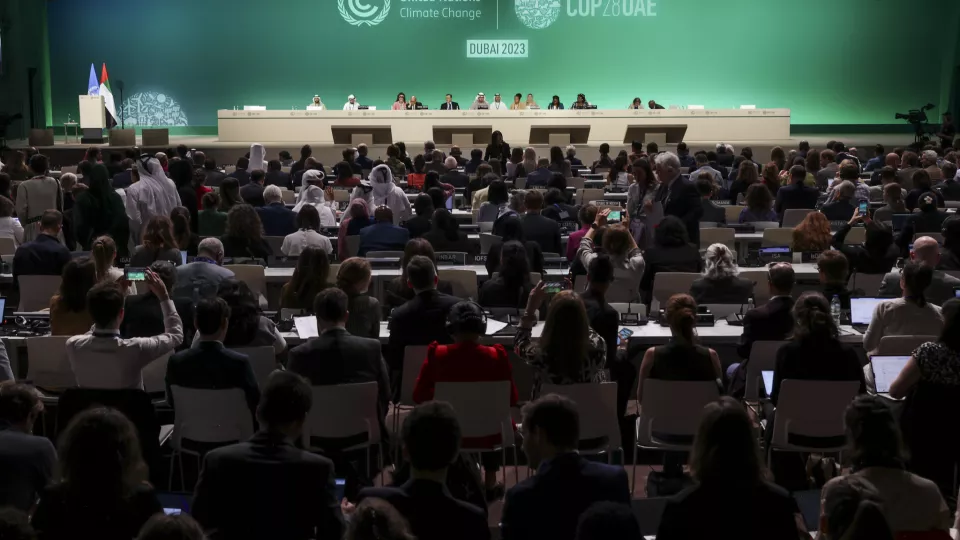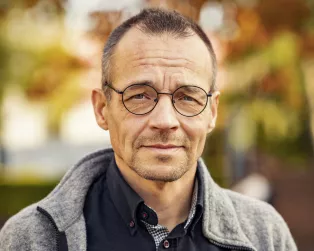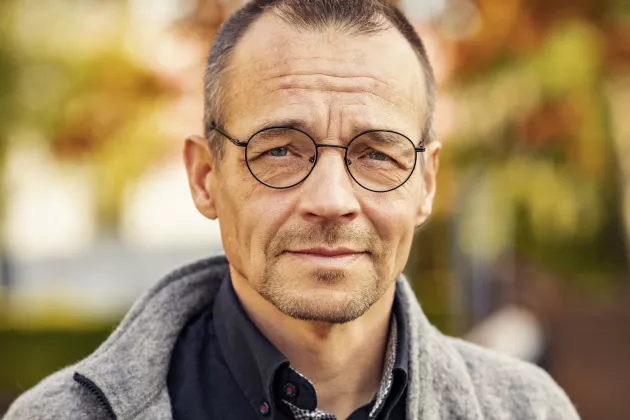What was the single most important agreement?
"That there was an outcome for the Global Stocktake. It is clear that more is needed to fulfil the Paris Agreement in terms of emission reduction, adaptation and financing. The decision includes, for example, a tripling of renewable energy, a doubling of the rate of energy efficiency improvements and a transformation of energy systems. A transition from fossil fuels to net-zero carbon dioxide emission energy systems by 2050, as well as a reduction in other climate emissions such as methane. There are also points such as reorganising financial flows so that they are in line with climate targets, and halting and reversing deforestation."
How did the negotiations go overall?
"The negotiations began with a swift and welcomed decision on how to launch the new 'loss and damage' fund. The fund will support vulnerable countries when they suffer climate related losses and damages. In the following days, negotiations on different items moved at different speeds and overtime was needed to finalise the broad issues, including the Global Stocktake that is a crucial process for following up on the Paris Agreement targets."
What made it possible to achieve this now?
"The state of knowledge from research and climate events that have already occurred in the world is a concrete motivator for action. There is now a great deal of urgency if global warming is to be limited to 1.5 degrees and if we are to manage unavoidable climate impacts. Although countries have different circumstances and starting points, all are affected by both climate change and solutions. The decisions also recognise that everyone is affected and that global action is needed."
What does the agreement mean for future climate work?
"There is agreement that the countries of the world need to be more ambitious in their climate work. The decisions indicate a shared direction in broad terms. This is an important signal. The countries will now update their national climate plans and long-term climate strategies so that they are better aligned with the common global goals. There will also be further work on issues such as mobilising and managing climate finance and on mechanisms for cooperation on mitigation, adaptation and the management of climate-related losses and damages."
What will it take for the agreement to be realised in reality?
"The research is clear that there are solutions and available finance. Some of the provisions do not go into detail so it is important that the texts are interpreted in each country in the most ambitious way. In the end, it is the countries themselves that decide on their efforts and measures, so it is important that each country has a long-term and ambitious climate policy. Developing countries also need more support from richer countries to be able to implement climate measures and at the same time manage climate-related losses and damages, all as a part of and in addition to developing sustainably."


